Choosing the right canvas size is an important decision for artists, as it can greatly impact the outcome of their work. In this blog post, we will explore the standard canvas sizes available to artists and provide tips on how to select the right fit for your artistic vision.
Reasons for Choosing a Standard Size Canvas
Opting for standard canvas sizes for your painting comes with a host of practical benefits. A significant advantage is the convenience of ready-made canvases. When you select a standard size, you’re not just choosing a piece of fabric stretched over a frame; you’re choosing a canvas that’s prepared and primed for immediate use, eliminating the need for any preliminary setup. This means you can focus on what truly matters – being able to paint without the hassle of a lot of prep work.
Standard canvas sizes in imperial and metric formats
Standard canvas sizes save you money
In addition to the ease of starting your project right away, standard size canvases offer a more economical framing solution. Custom frames can quickly become expensive, not to mention they require additional time for fabrication and fitting. On the other hand, frames for standard size canvases are widely available and come in a variety of styles and materials. This readily available range means you can frame your finished artwork more reasonably in terms of cost and effort. You can effortlessly find a frame that compliments your work, safeguarding it and enhancing its display without breaking the bank.
Choosing the Right Standard Size Canvas

Finding the right canvas size can feel like the artistic equivalent of Goldilocks finding the perfect bowl of porridge. You want it to be just right—neither too small that you’re confined by space nor too large that you’re overwhelmed by the expanse. But it’s essential to understand that the “right” standard canvas size doesn’t have to be a subjective, trial-and-error process. We’re here to demystify standard canvas sizes, unravel the potential in each, and guide you to pick the size that’s best for all your paintings.
Small Size Standard Canvases

One of the most valuable practices that small canvases facilitate is the creation of thumbnail sketches. These miniature sketches are a wonderful way for artists to experiment with different compositions, color schemes, and lighting conditions quickly and economically before committing to a larger, more time-intensive piece. Thumbnail studies function as a visual brainstorming session, helping artists refine their ideas and discover unexpected directions for their work.
Small Size Canvases Make Great Master Copies
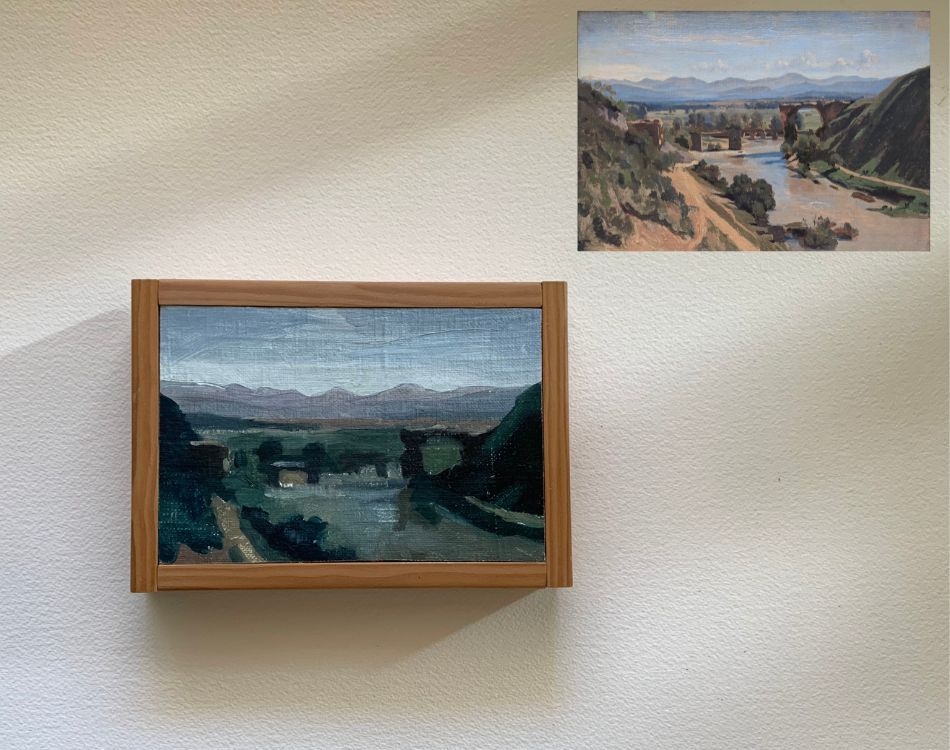
Beyond serving as a preparatory step, small canvases also offer a delightful medium for studies of larger paintings. They allow artists to focus on specific elements of a larger composition, such as texture, color, or detail, in isolation. This concentrated practice can enhance an artist’s skill and understanding, enriching the final execution of larger works.
Lastly, small size standard canvases have a charm of their own when transformed into finished pieces. Artworks created on these intimate surfaces are perfectly suited for selling, gifting, or adorning less spacious areas of a home or office. Their modest size makes them accessible to a wider range of art lovers, providing artists with a broader audience and the joy of sharing their work more broadly.
Medium Standard Canvas Size

Medium size standard canvases strike an ideal balance in the spectrum of canvas sizes, embodying a versatile range of possibilities. Generally ranging from about 11 x 14 inches to 18 x 24 inches, this size category offers a generous surface area that accommodates a wide variety of artistic endeavors without overwhelming the artist or the viewer.
The beauty of medium canvases lies in their adaptability. Whether you’re painting a detailed portrait, a vibrant landscape, or an abstract composition, these canvases provide sufficient space to explore your subject with clarity and depth. The size is ample enough to allow for intricate detailing and broad strokes, yet it remains manageable and approachable, making it a preferred choice for both emerging artists and seasoned professionals.
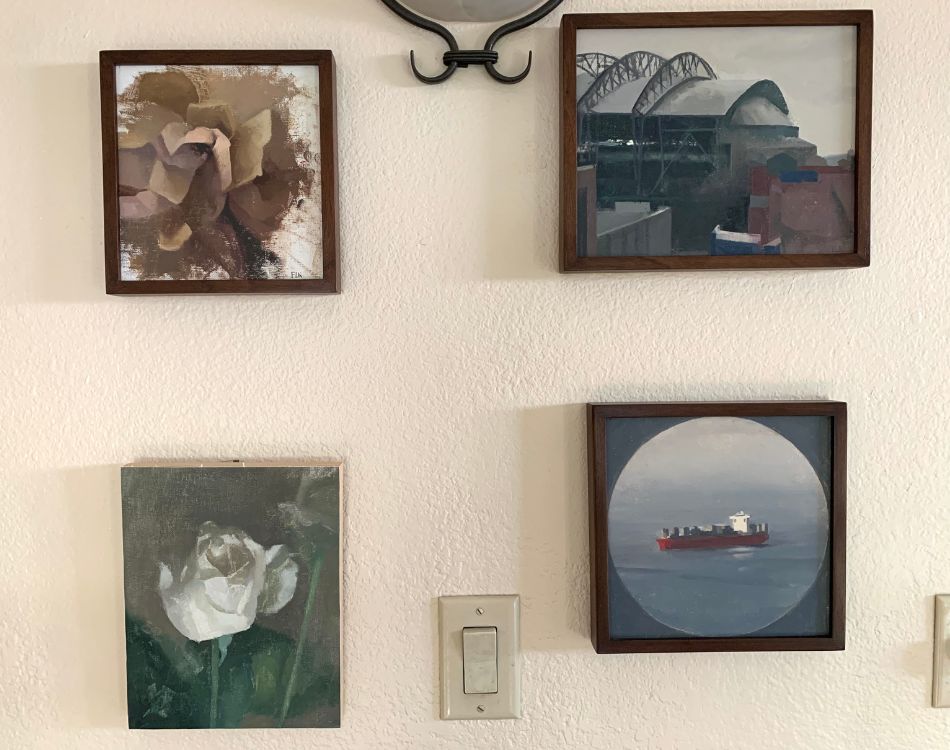
A transition to larger paintings
For artists considering the transition from small to larger formats, medium canvases serve as an excellent stepping stone. They offer a taste of the scalability required for larger works while maintaining the intimacy and control familiar to smaller canvases. This balance can be particularly useful for honing skills and techniques that are vital for larger compositions, such as spatial arrangement and the manipulation of perspective.
Furthermore, artworks created on medium size canvases fit comfortably in most domestic and commercial spaces, making them highly marketable. Their “not too small, not too large” dimensions mean they can be a focal point in a room without dominating the space, appealing to a broad audience of art enthusiasts and collectors.
Large Standard Canvas Sizes

When you’re ready to make a big splash, venturing into the realm of large size standard canvases can be a thrilling step. These canvases start from dimensions of about 24 x 36 inches and go up, offering a vast expanse for your artistic expression. Large canvases are not just about painting on a bigger scale; they’re about daring to dream big and challenge your creativity and skill in new and exciting ways.
For artists stepping into this larger arena, the experience can be immensely rewarding. Painting on a big canvas encourages you to adopt broader, more confident strokes and to explore techniques that are suited to grand compositions. It’s a fantastic opportunity to cover more space at a quicker pace, requiring you to think and act with boldness. Additionally, using larger brushes not only speeds up the painting process but also enables you to create distinct textures and layers that are captivating up close and from a distance.
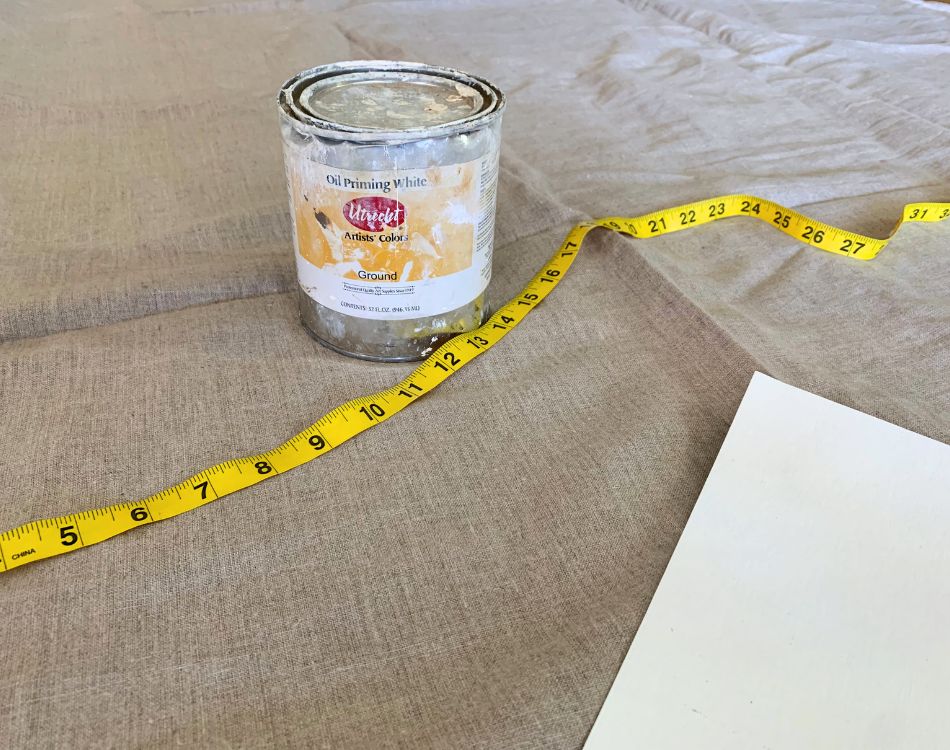
Large canvas sizes for large spaces
Large canvases are particularly well-suited for making a statement in galleries, exhibitions, and large spaces where artwork needs to captivate an audience from afar. They offer an impressive platform for conveying powerful messages, evoking strong emotions, and capturing the viewer’s imagination with their sheer size and presence.
Whether you are a beginner keen to leap into a larger scale of painting or a more advanced artist seeking to tackle a new challenge, large size standard canvases present an exciting frontier. They are not just canvases but gateways to bigger artistic adventures, encouraging you to expand your horizons and explore the boundless possibilities of your creativity. Don’t shy away from the challenge; instead, see it as an opportunity to grow and excel as an artist.
Choosing Your Canvas Dimensions
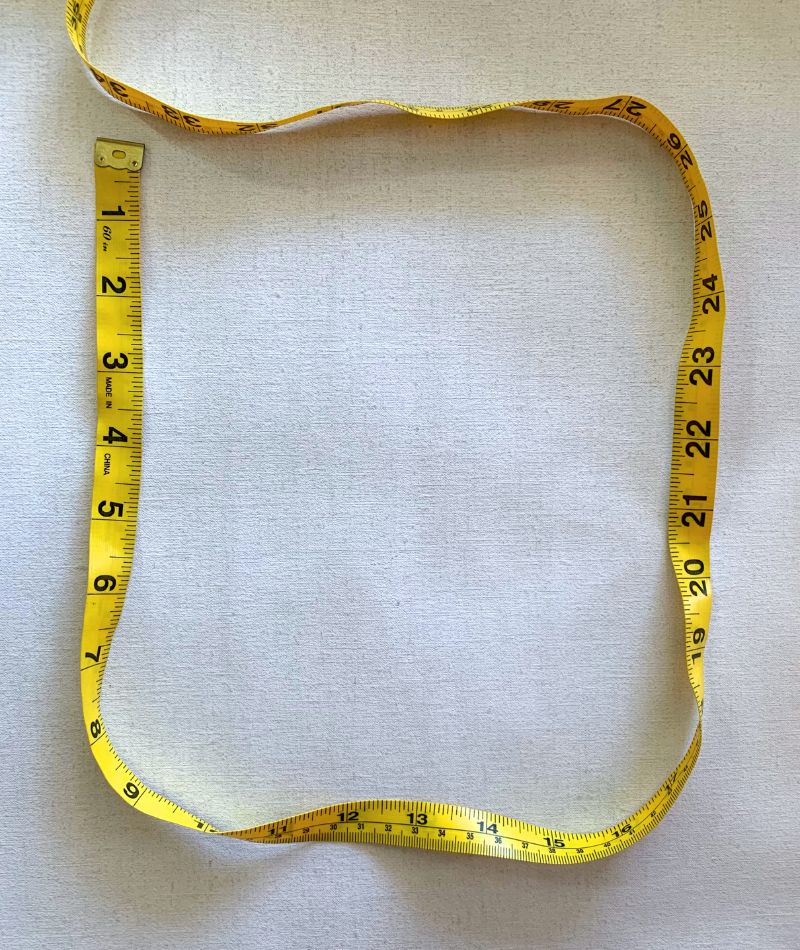
Selecting the right canvas size depends on various factors, including the complexity of your subject, your desired level of detail, and where the piece will be displayed. It’s no small decision, as the canvas size can influence the overall balance and impact of your painting.
For instance, smaller canvas sizes, like the US 5 x 7 or the European 13 x 18 cm, can be used for detailed studies or as standalone pieces with a more intimate feel. Moving up to medium-sized canvases, such as the US 12 x 16, offers more room to play with composition and detail without becoming unwieldy.
When you’re ready to tackle a grander scale, large canvases like the US 24 x 30 create a space-filling presence, perfect for bold, expansive works that command attention. However, they also bring a new set of challenges, such as the physicality of working on a larger canvas and the need to adapt your technique to suit the grandeur.
The Custom Canvas Size
There will be times when your artistic vision simply can’t conform to a standard canvas size. This is usually the case if your composition wont work for a standard size canvas. The subject might demand an unorthodox aspect ratio, or your creative inspiration may revel in the freedom of an unconventional canvas. Enter the custom canvas.
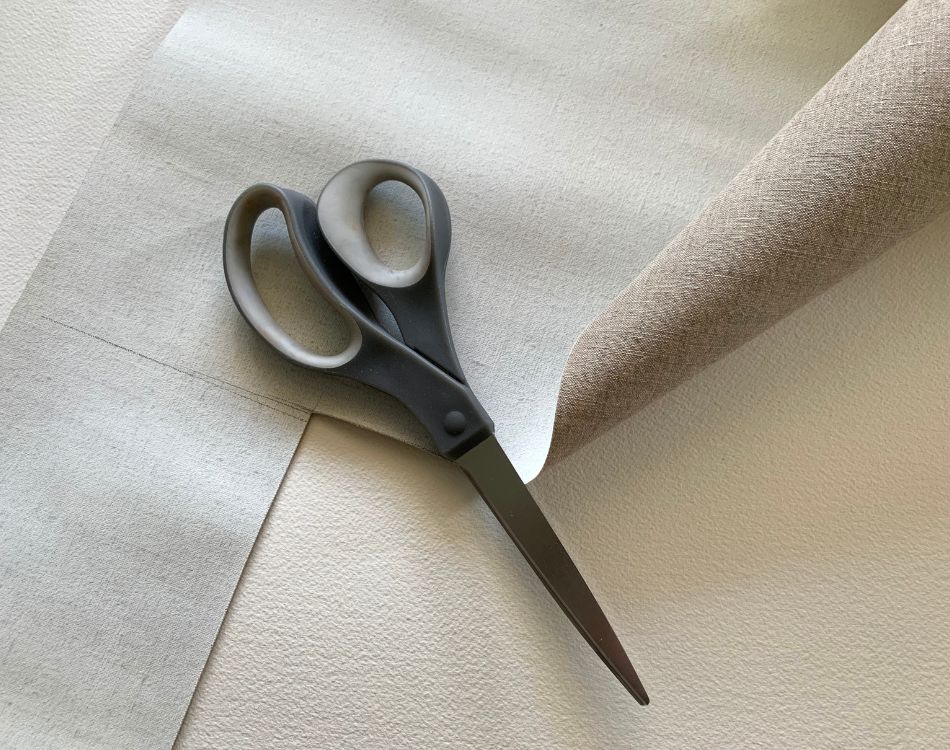
Creating your own canvas allows for infinite flexibility in size and shape. It demands some extra effort in stretching and prepping the material, but it’s all part of the artistic process. Whether you opt for a DIY approach with stretcher bars or prefer the solidity of a wood mounting board, custom canvases can provide opportunities that standard sizes might have closed.
Framing Standard-Sized Canvas
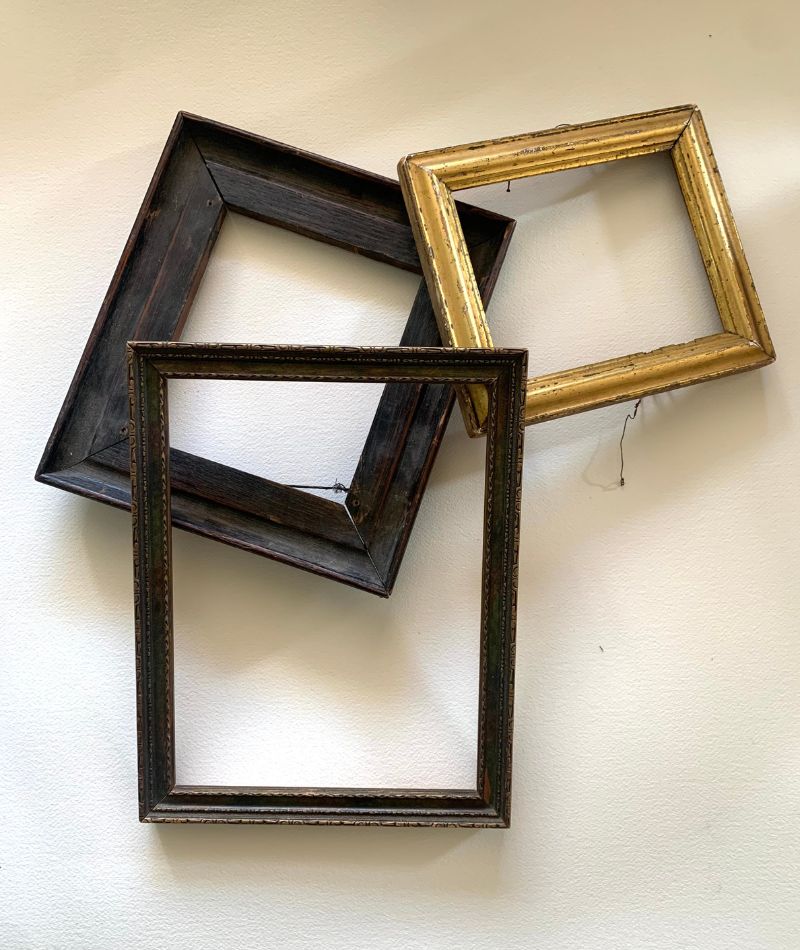
One of the unsung benefits of working on a standard canvas size is the ease of framing. Ready-made frames are widely available and affordable, allowing you to polish off your artwork with a professional touch. They also protect your piece and can complement its aesthetic with the right choice of material, color, and style.
However, don’t feel constrained to standard frames if you work on an atypical canvas. There’s a certain beauty in curating a custom frame that elevates the uniqueness of your art. It’s an opportunity to infuse your piece with the personal vision you have for your work.
Canvas Size Selection: Striking the Perfect Balance🎨
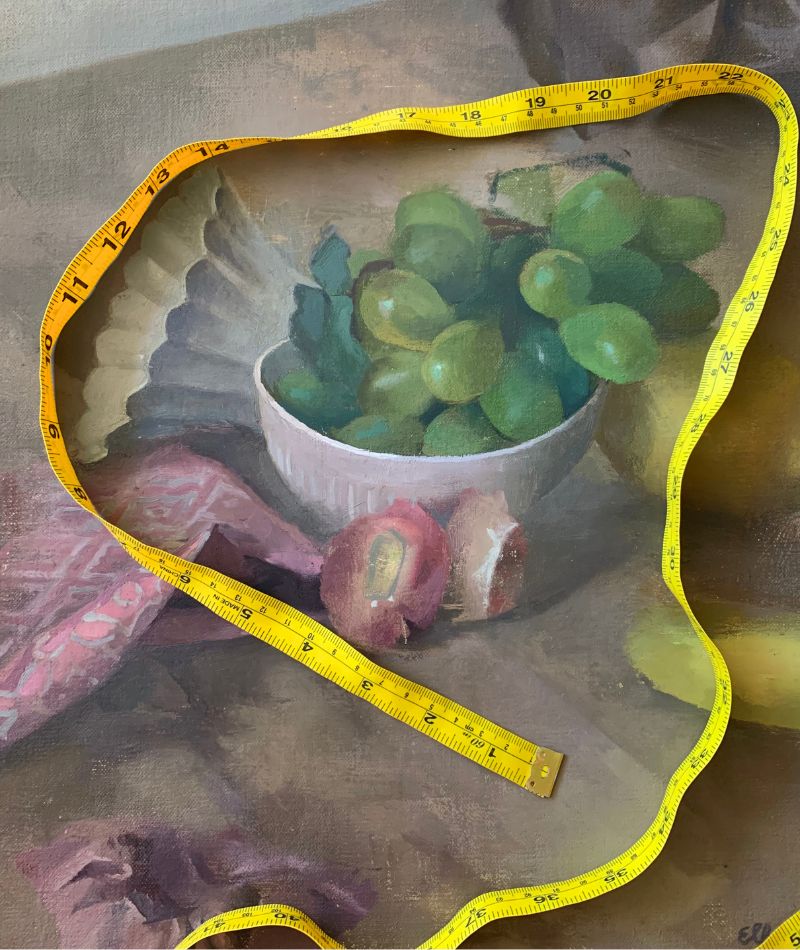
In the end, the art of canvas size selection is one of balance — between your expressive needs, the constraints of space and logistics, and the final impact you want the piece to have. Standard canvas sizes may serve as guidelines, but they should never dictate the entirety of your artistic choices.
Experiment with various sizes, push the boundaries with custom creations, and always remember that the perfect canvas size is the one that inspires you to create. Whether it fits a standard frame or requires something bespoke, your canvas is the window to a vision you’re crafting, one size at a time.

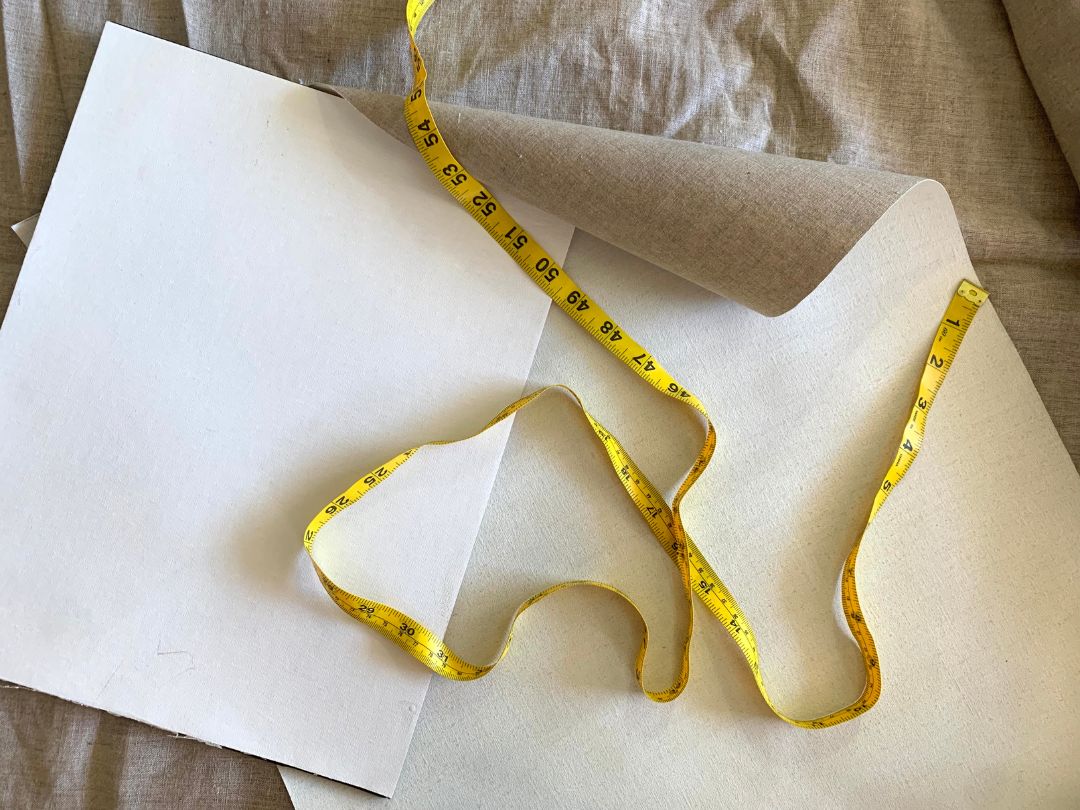

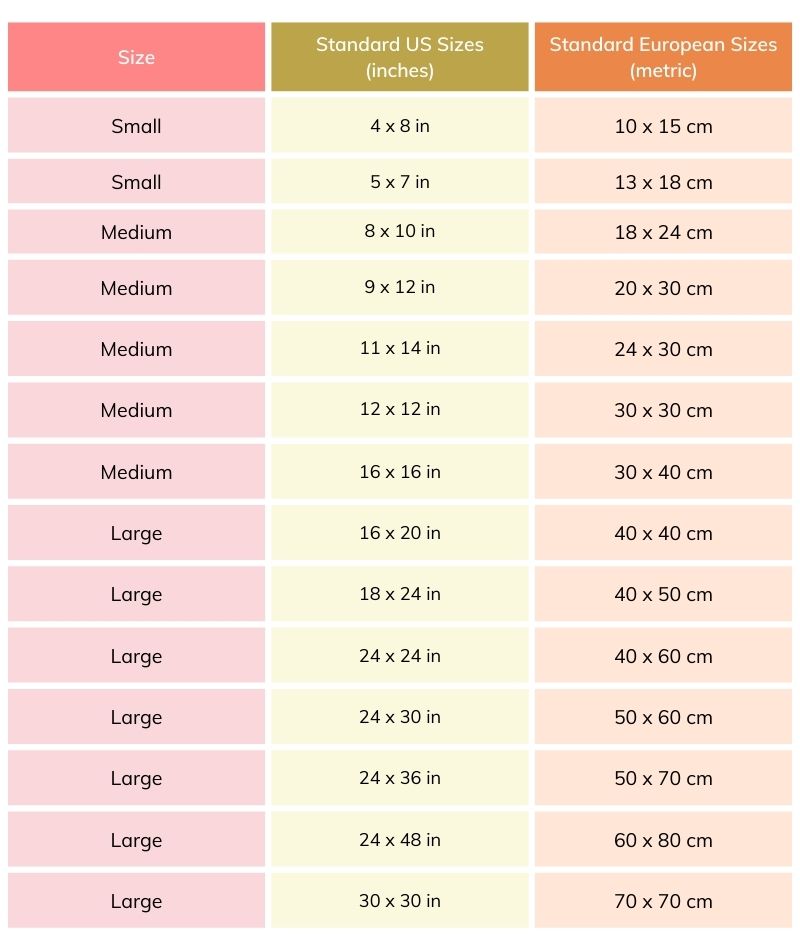


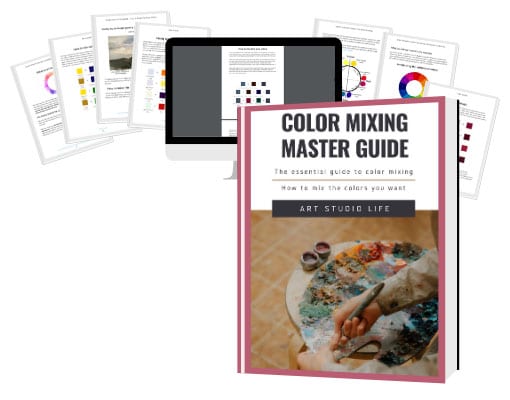
8 thoughts on “Standard Canvas Sizes for Artists: How to Choose the Perfect Fit”
Great read Elizabeth, there is so much to learn about art and what to paint on. I just found out that a standard purchased canvas can come in a mix of cotton and polyester would you paint on this mix. Regards AnnieB
Hi Annie, Thank you so much! Yes a standard purchased canvas can come in such a mix – I generally don’t recommend the mass made canvases as they aren’t good surfaces to paint on. Often they are rough and haven’t been primed well and therefore make the painting process rather frustrating. Linen is by far the most superior surface – though pricier. I painted on cotton canvas for years before trying out linen and wished I had switched years earlier. So I really recommend linen if it is something that is feasible.
It was a pleasure meeting you at Rick’s opening. I love your
posts and find them very helpful. All best wishes,
Lynn Padwe
Thank you so much for your kind words! Am glad you enjoy them 🙂 I wasn’t at that opening – must have been another Elisabeth! But would have been lovely to meet you.
Elisabeth!
Couldn’t ask for a more complete presentation about this basic step in painting.
You certainly brought your whole experience to the writing of this! Feels like a walk through your studio!
I’ve though a good bit about my selection of the small canvas size for these 3 steps of learning you gave us & sizing the mugs.
Since they are my “study” I wanted to keep them constantly in my
Mind & Heart to see what’s strong & weak in each snd what I would do instead as a budding artist.
I pass this narrow spaced wall between my sewing/office & music & art/piano:bedroom.
Unframed these 3 painting will be right in front of my
high held head & I’ll smile to them to strength my will to continue learning!
Thank you Patricia for your lovely comment! Am so thrilled how you view learning and have such a strong desire to continue to grow and develop your skills – it is inspiring to many of us!
Thanks, good article. Just a started a few. Years ag I o and did my first 2x3ft for a friend. A challenge but one of my best yet
Do you have suggestions on canvas materials too. So far only used canvas for.my acrylics
Thanks again
Jerry
You are so welcome Jerry! Glad this was helpful. Wow, thats incredible you tackled a 2 x 3 ft painting.